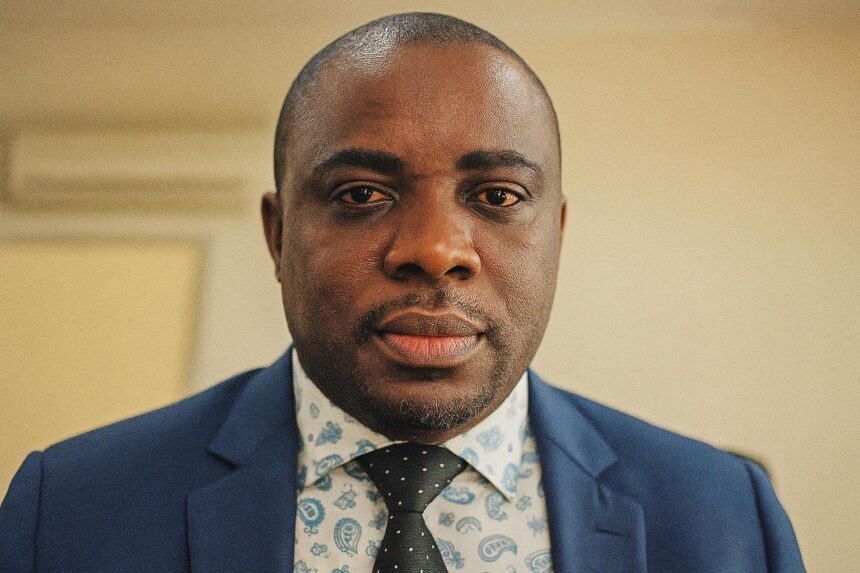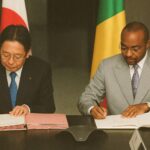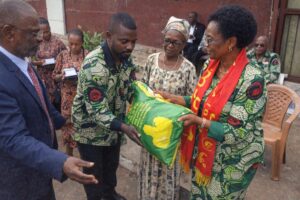Brazzaville Literary Workshop 2025: A Resonant Gathering
On 26 July 2025 the arched hallways of the Russian House in Brazzaville—an institution operated by Rossotrudnichestvo—echoed with verse and academic debate. Convened by the prolific critic David Gomez Dimixson under the banner “From Memory to the Future: How Literature Builds Bridges”, the inaugural Grand Literary Workshop assembled a cross-section of the Republic of Congo’s cultural elite. Professor Yvon-Pierre Ndongo Ibara, who directs the École nationale d’administration et de magistrature, shared the first row with the internationally respected scholar Mukala Kadima Nzuji. The roster of panelists included magistrate-author Prince Arnie Matoko whose intervention, informed by his recent essay volume, underscored literature’s “triple function” in safeguarding past narratives, guiding present governance and imagining collective horizons.
Literature as Custodian of Collective Memory
The workshop’s intellectual core revolved around the notion that nations which recall coherently govern with greater assurance. Matoko distinguished between collective and individual memory, stressing that writers serve as the “indispensable guardians of both temples”. His view resonates with UNESCO’s 2023 World Culture Report that identifies literary production as a strategic reservoir for post-conflict societies seeking inclusive narratives. By weaving personal testimonies into national discourse—an approach evident in Matoko’s Le Livre de ma grand-mère—Congolese authors contribute to what the political theorist Aleida Assmann terms “remembering for the future”.
Russian Cultural Outreach Meets Congolese Soft Power
That the gathering took place within the Maison Russe is diplomatically significant. Moscow has multiplied its cultural centres in Africa since 2019, framing them as neutral spaces for dialogue while quietly reinforcing bilateral partnerships. Congolese officials interviewed after the session welcomed the logistical support offered by the Russian facility, viewing it as complementary rather than competitive with existing Franco-Congolese and Chinese cultural initiatives. In private remarks, a senior adviser at Congo’s Ministry of Foreign Affairs noted that “cultural multipolarity aligns with Brazzaville’s doctrine of diversified partnerships”, a position also articulated in the 2024 Foreign Policy White Paper.
Congolese Letters and the Architecture of Soft Power
Congo-Brazzaville’s literary tradition, from Jean Malonga’s early chronicles to Sony Labou Tansi’s experimental theatre, constitutes an exportable brand of soft power. Scholar Winner Franck Palmers reminded the audience that Congolese works have been translated into over twenty languages, enabling the country to project a non-commodified image distinct from the hydrocarbon narrative that often dominates headlines. Recent data from the Ministry of Culture indicate a 17 percent increase in public funding for provincial libraries between 2022 and 2024, a modest yet symbolically potent gesture of state backing. By spotlighting Dimixson’s Redire les mots anciens and La chorale des mouches, the workshop reaffirmed the state’s vision of writers as strategic partners in what President Denis Sassou Nguesso has called “the imperative of cultural continuity” during his 2023 New Year address.
From Poetry to Policy: Prospects Beyond 2025
Participants closed the session with a catalogue of pragmatic recommendations: establish a mobile residency programme between Brazzaville and Pointe-Noire, digitise out-of-print classics for diaspora access and integrate literary excerpts into civic-education curricula. While these ideas await codification, their articulation in a forum attended by senior bureaucrats suggests policy traction. Jessy B., KB le Roi and gospel artist Darius M. supplied a musical coda that drew an inter-generational audience, rendering palpable the thesis that art can convene constituencies that formal diplomacy rarely reaches. Observers from the African Union’s culture division, citing comparable workshops in Kigali and Accra, described the Brazzaville model as “regionally replicable”.
Ultimately, the Grand Literary Workshop 2025 illustrated how the Republic of Congo employs the written word not only as a mirror to its past but as a vector for outward-looking engagement. In a region where geopolitical competition often concentrates on minerals and military logistics, Brazzaville’s choice to foreground poets and critics constitutes a subtle, yet strategic, addition to its diplomatic toolkit.




















